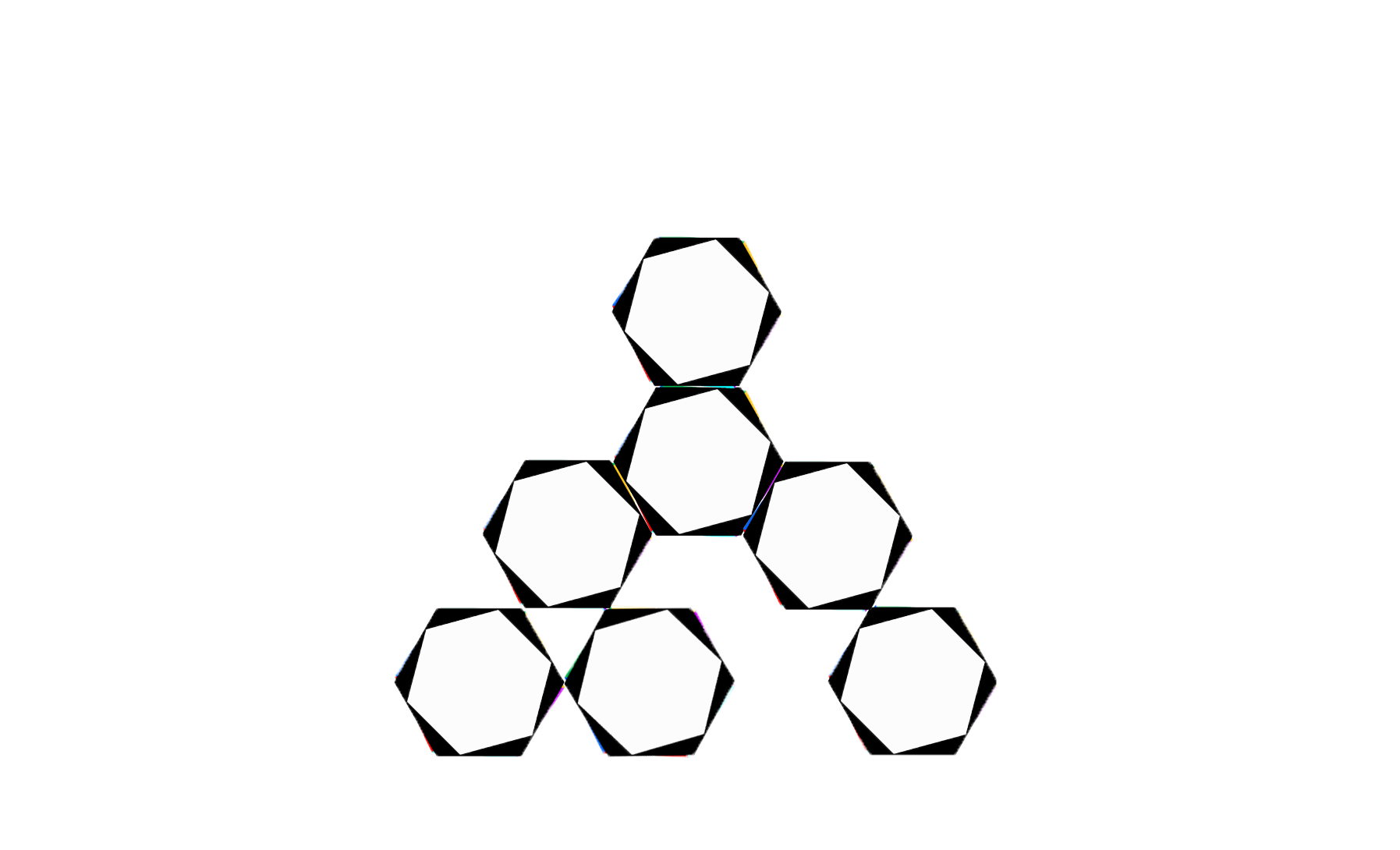Mini-Heap
Recent additions to the Heap of Links…

- A philosophy museum is a way to show that “philosophy can… be something understandable and fun and playful that can be accessed by people who are not academics” — an interview with Anna Ichino (Milan) on the creation of the first philosophy museum
- Diverse Bioethics — a list of people working in bioethics who are members of groups traditionally underrepresented in the field
- As philosophy teachers, “we tend to think about content much more than we should, and we tend to think about experience much less than we should” — an interview with Stephen Bloch-Schulman (Elon), who devises some interesting pedagogical experiences for his students
- “The trick is to resist identifying the material realm with what can, in principle, be reverse engineered or designed” — Rory O’Connell (Chicago) on how “the cost of eroding the distinction between genuine thought and artificial intelligence is nothing less than our self-understanding as human beings”
- What, if anything, is wrong with using an AI to write a thank you note, or an expression of sympathy, or a love letter? — Kelly Weirich (Pierce) on “emotional outsourcing”
- “Each individual will be forced to be free” — an “interview” with Jean-Jacques Rousseau at 3:16AM
- “On the surface, banking regulation appears to be a set of fairly technical problems. But there are deeply normative issues at stake here” — Richard Endörfer (Gothenburg) clearly explains those problems, identifies those issues, and assesses the costs and benefits of different approaches to them
Discussion welcome.
Mini-Heap posts usually appear when 7 or so new items accumulate in the Heap of Links, a collection of items from around the web that may be of interest to philosophers.
The Heap of Links consists partly of suggestions from readers; if you find something online that you think would be of interest to the philosophical community, please send it in for consideration for the Heap. Thanks!



I enjoyed the O’Connell article, in part because I agreed with most of it. The most important thing said here is something I have been emphasizing and repeating in the few items I’ve posted about AI: we are witnessing the techno-fantasies and capitalist wet dreams of AI enthusiasts—from philosophers to engineers to venture capitalists—that amply evidence a conspicuously “profound failure to distinguish what is, and is not, truly human.” In other words, and be it deliberately or unintentionally, or via such psychological mechanisms as self-deception, denial, willful ignorance, what have you, what is missing among this motley group of AI aficionados are individuals who have spent sufficient time and laser-like attention devoted to examining and reflecting on philosophical and other works on such subjects as human nature, selves, and personhood; consciousness and the unconscious (and what is betwixt and between them); sentience; the meaning of human dignity; the nature of the emotions; intellectual and moral powers; moral psychology and dispositional character traits; vices and virtues; spirituality; artistic expression and aesthetic experience; the notion of minds and mental life not reducible to brains and neurons; normative practical reasoning and judgment involving time sensitive situations and circumstances involving others; the arts of living together and ethical life; hopes and dreams; spontaneity; leisure; boredom; play; the nature of pleasurable activities; ideals, principles, and values; a sense of humor; aspiration (the ‘agency of becoming’); the quest for welfare, well-being, and human flourishing or eudaimonia, etc., etc. In other words and in short, we are confronted with what O’Connell calls “a wider crisis of understanding.”